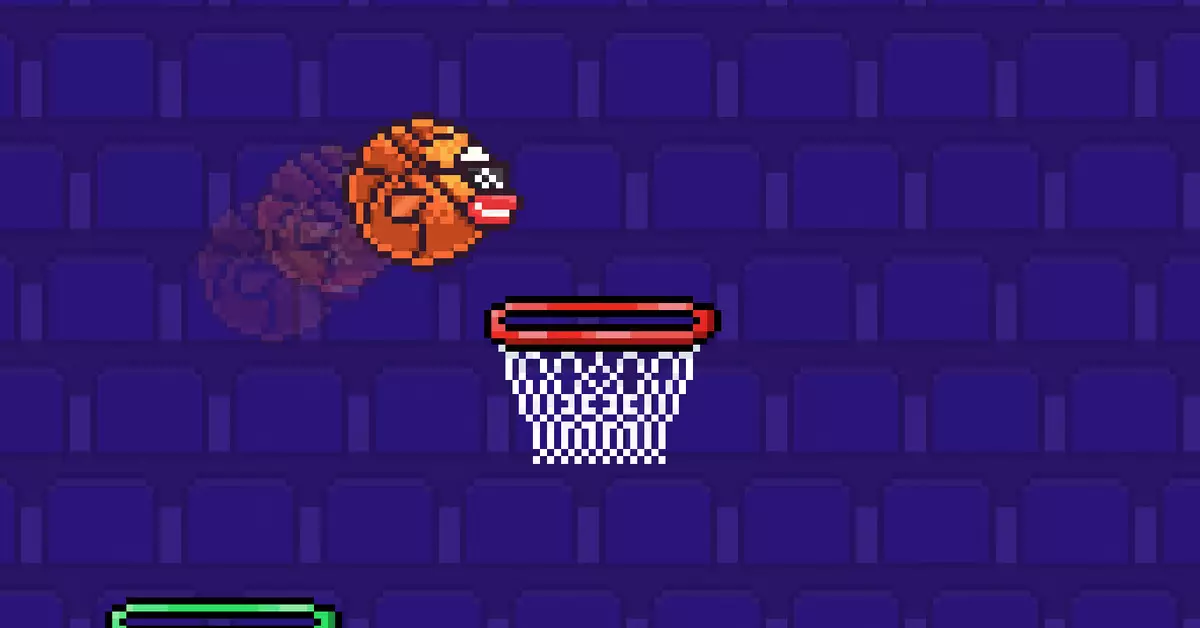In a recent announcement from The Flappy Bird Foundation, the revival of the iconic mobile game Flappy Bird has been touted as a significant and nostalgic return. However, the details surrounding this re-emergence are far from straightforward. The original developer, Dong Nguyen, publicly distanced himself from the project, raising questions about the authenticity of this commemorative endeavor. This article delves into the nuances of this so-called comeback, examining the implications for both the developer and the gaming community.
While The Flappy Bird Foundation has framed the announcement around nostalgia and the beloved legacy of the game, the reality is more complex. Nguyen’s assertion that he did not sell the rights to Flappy Bird contradicts the Foundation’s claims of having acquired these rights from Gametech Holdings, LLC. This discrepancy highlights a troubling trend in the tech and entertainment industry—where brand nostalgia can easily be manipulated for profit, often at the expense of the original creators.
The narrative crafted around Flappy Bird’s resurgence seems to benefit the Foundation rather than the original developer, underscoring a potential exploitation of nostalgia as a marketing tool. This raises ethical questions about ownership and creative rights in the mobile gaming sector, challenging the notion of what constitutes a rightful revival.
Further complicating the situation are hints of a potential integration of blockchain technology in the upcoming release. Cybersecurity researcher Varun Biniwale discovered past references on the Flappy Bird website suggesting a web 3.0 element to the game. This pivot toward incorporating cryptocurrency could signify a shift in gaming paradigms, appealing to a new generation of players while risking alienation of the original fanbase.
The emphasis on staking and ownership, as hinted at in these removed pages, could attract crypto enthusiasts but raises questions about the accessibility and inclusivity of the revamped game. The essence of Flappy Bird was its simplicity, yet the introduction of complex financial systems might detract from the fundamental gameplay that made it a sensation.
The Legacy of Flappy Bird
Ever since its removal from app stores in 2014, Flappy Bird has become a cultural touchstone, symbolizing the volatile nature of mobile game success. Although it briefly captivated millions, its sudden disappearance left gaps in the gaming community. As 2024 approaches, the prospect of Flappy Bird’s return is stirring mixed emotions—between excitement for nostalgia and skepticism about its new direction.
While the idea of Flappy Bird soaring back into the mobile gaming landscape sounds appealing, the reality of its return is marred by controversy, ethical concerns, and an uncertain future. Players of the original game deserve transparency, clarity, and respect for the spirit of the beloved classic they once enjoyed. Understanding these dynamics will be crucial as we await the game’s release on iOS and Android platforms, heralding what may be either a triumphant reset or an unfortunate misstep in the industry.


Leave a Reply